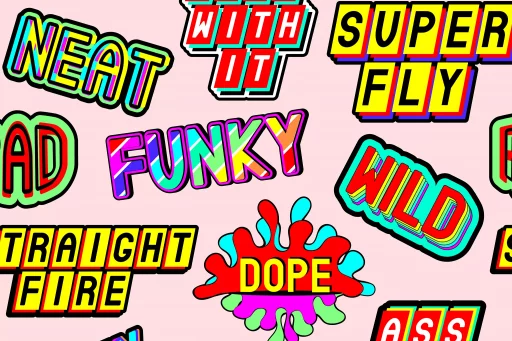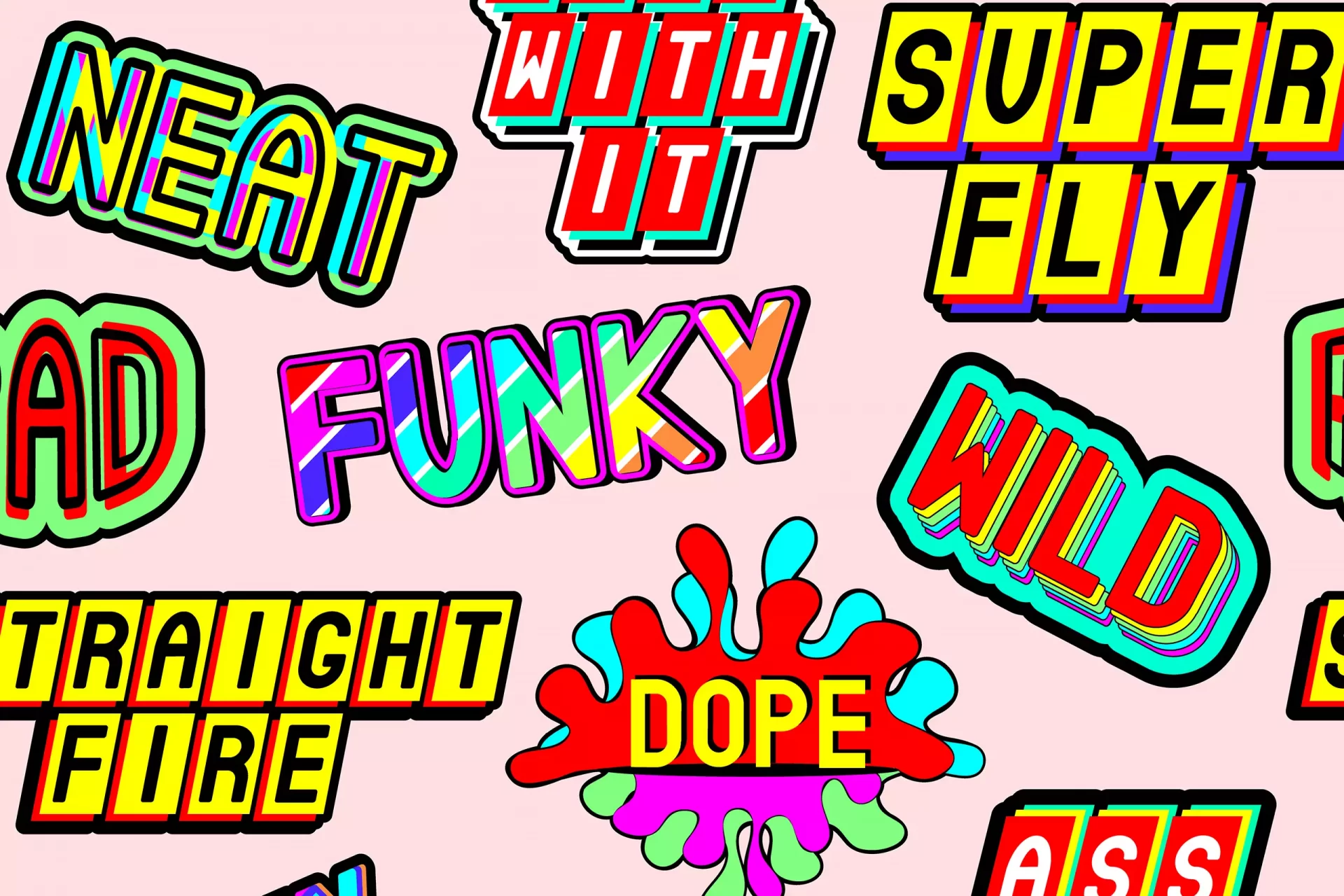Understanding the Term ‘Trapping’
The slang term “trapping” has evolved significantly over the years, particularly within urban culture and the language of hip-hop. Most commonly, it refers to engaging in illegal activities, specifically drug dealing. However, the term encompasses a broader range of meanings, depending on context.
The Origins of ‘Trapping’
The term “trap” is believed to have originated in the Southern United States, particularly within African American communities. The concept comes from the notion of being caught in a situation, often referring to the traps set by law enforcement or economic hardship that push individuals into illicit activities.
Expanding the Definition
While many associate trapping with drug dealing, it also expresses a lifestyle characterized by resilience, survival, and entrepreneurship under difficult conditions. In contemporary slang, trapping can also refer to anyone hustling to make money, whether legally or illegally.
Trapping in Music and Culture
Hip-hop music has played a significant role in popularizing the term “trapping.” Artists like Gucci Mane, Young Jeezy, and Future have used it extensively in their lyrics to portray their experiences in the streets and the realities of life in disadvantaged communities.
- Gucci Mane: Songs like “Trap God” highlight his life in the trap and the struggles he faced.
- Young Jeezy: His album “Let’s Get It: Thug Motivation 101” includes references to trapping, painting a vivid picture of street life.
- Future: Tracks like “F**k Up Some Commas” emphasize the hustle mentality synonymous with trapping.
Real-World Implications of Trapping
To understand trapping beyond the surface, we examine its implications in society. A report from the Drug Policy Alliance indicates that the War on Drugs has had a disproportionate impact on communities of color, making trapping a focal point of socioeconomic challenges.
According to the Pew Research Center, black Americans were nearly four times more likely than white Americans to be arrested for drug offenses, illustrating the systemic inequality that characterizes the conversation around trapping.
Case Studies: Trapping and its Consequences
When discussing trapping, it is essential to highlight real-life cases that illustrate the term’s complexities:
- The Case of Lil’ Wayne: Despite achieving great success as a rapper, Lil’ Wayne openly discusses his past with trapping, including drug use and legal troubles, which reflect the pitfalls many face.
- The Story of Trayvon Martin: Trayvon’s encounter with law enforcement while reportedly buying snacks highlights how societal perceptions can label individuals, impacting their lives even within innocent contexts.
- The Struggles of Rick Ross: Rick Ross’s background as a former correctional officer before becoming a trap music figure, highlights the choices individuals may face in their quest for financial success.
Conclusion: The Dual Identity of Trapping
Ultimately, trapping serves as a double-edged sword, representing both the struggles of urban environments and the drive to succeed against all odds. While it often carries negative connotations, it is also a testament to resilience.
As conversations around social justice, race, and economic inequality continue, understanding terms like trapping in context becomes increasingly vital to fostering a deeper discourse.


